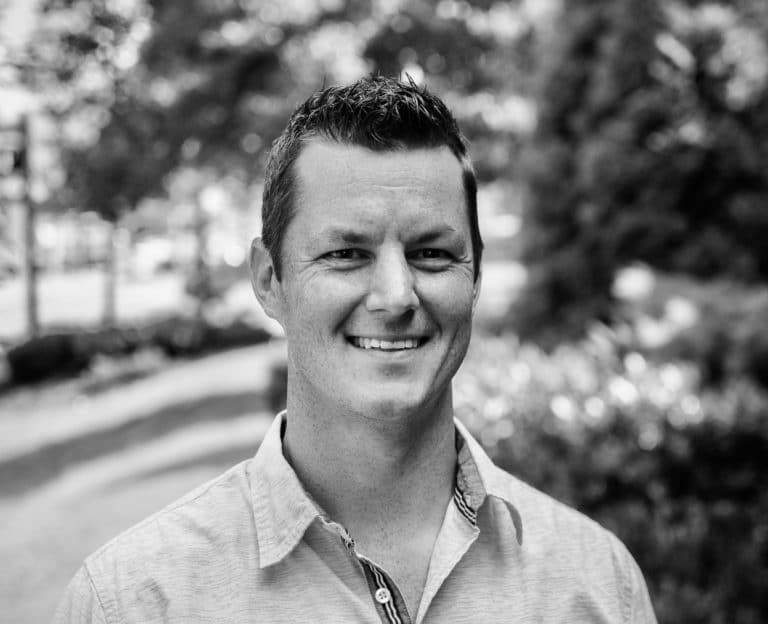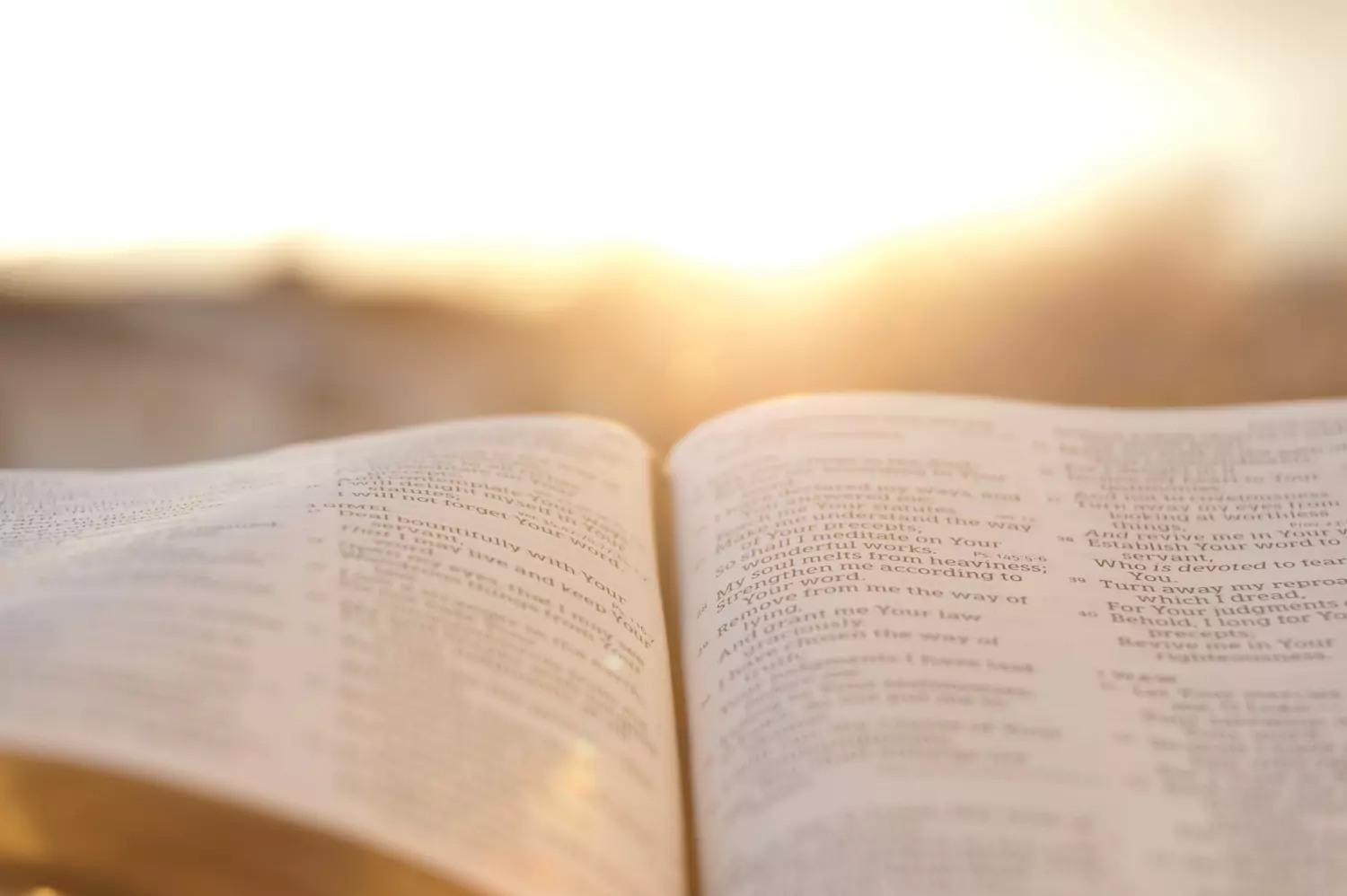7 Reasons I'm Thankful for My Pastor Dad
I’ve written before–and firmly believe–that pastors’ kids want a parent more than a pastor. I spent my entire upbringing as a PK to John Piper, and I’m now raising three PKs, so this axiom sits very much at the forefront of my mind. Aspects of ministry can easily contend with pastoral family life and even drive a wedge between a pastor and his kids. But rather than harp on the potential pitfalls of pastoring and belabor warnings, I want to encourage pastors in their relationship with their kids by reflecting on seven things I’m thankful my pastor dad exemplified. I can’t say I was thankful for all these things during my younger years, both because of my immaturity and because I didn’t understand all it takes to parent and pastor. But God has been kind to bring me to a place of deep gratitude for my father—both as a dad and pastor.
1. He was faithful to Scripture.
My father is pathologically incapable of preaching a sermon that is not drawn from the Bible and points back to the Bible. He would tell you he isn’t clever enough to come up with something truer than God’s words, and there isn’t anything better on which to base our lives. When he’s asked complex questions about areas of life in which he is not an expert (finances, politics, etc.), he doesn’t pretend to be an expert. He goes back to the wisdom God gives in his Word.
And he’s always been the same at home. When I needed correcting as a teen, dad would direct me with Scripture, applying both the warnings and the promises. As I seek counsel now as an adult, he draws on the Bible. When we’re parting ways after a visit, he covers the time in biblical promises and prayer. There was a time I rolled my eyes at this and even resented it. I wanted the “wisdom of man,” but Dad knew that the “foolishness of God” was infinitely better (1 Corinthians 1:25
2. He extended help and hospitality.
My dad is an introvert’s introvert. If he had his marriage, his books, and his breakfast cereal, he might be content until he meets Jesus. But he makes time for people. The home I grew up in, and where my parents still live, is on a busy urban street corner, so people knocking on the door to ask for help or to spin a yarn about a crisis they were in was common. Dad would listen to them, even when it was clear they were trying to hustle him, and offer tangible help in whatever way seemed wisest. After Sunday services he would linger to talk and pray until the line of people was gone. We had guests in our home for dinner often. As I think about this now, it seems both normal and extraordinary. Dad didn’t let his personality preferences dictate what was good, fruitful, and loving. He sacrificed energy and time for people.
3. He studied diligently.
I never heard my dad give a half-baked sermon. I’m sure he was rarely satisfied with his sermons, but he didn’t cheat the text or the congregation. If time for sermon preparation one week was short due to other obligations, he sacrificed sleep (and surely increased prayer). There are pastors with brilliant, lightning-fast minds who can absorb and coalesce information lickety split. By his own admission, my dad is more the tortoise than the hare when it comes to reading and studying. He couldn’t cut corners or procrastinate, but rather developed habits of diligence. He accumulated understanding and knowledge bit by bit over years. As one who is disposed to procrastinate and rely on what little store of natural gifts I have, his example has been both motivating and corrective for me in ministry.
4. He made time to play.
Few people who know my dad would call him “light-hearted” or “comedic.”He is intense—a serious-minded man and minister. His mind tilts toward pondering (and maybe being ponderous) rather than wit and humor. None of that, however, stopped him from making time to play with me and my siblings when we were kids. Most days of the week, after dinner, we would have designated playtime—sports, wrestling, playing with toys, board games, etc. When we were on family vacations, which were rarely lavish affairs, he would take us fishing, exploring, or on some other adventure. And now he does the same thing with his grandkids.
5. He read, read, and read some more.
We didn’t have a TV when I was growing up. This wasn’t out of some fear-of-the-devil’s-influence conservatism by my parents but largely because, if we had a TV, we would watch it. And in their estimation, there were better ways to spend time. One of the primary “better ways” was with books. Our house was loaded with them. When my dad had downtime, you could invariably find him with a book and a pencil. When I claimed boredom, my parents would basically point to the back door or to a bookshelf. This was great for my mind and curiosity, but it also taught me that leaders are readers and that to be a wise, informed minister of the gospel, one needs to read deeply and widely.
6. He developed healthy habits.
Dessert was always a hit in our house, and my dad relished it as much or more than anyone. He is hardly a health nut and is very good at appreciating delicious things. But for as long as I can remember he has been a man of moderation (except as it pertains to diet Dr. Pepper) and a man of physical discipline. Dad runs multiple times per week, even now. He isn’t trying to win races or earn a sticker for the bumper of his car. He is being healthy, recognizing that a person is body, mind, and soul.
In the 80s and 90s, when I was growing up, there wasn’t much talk about mental health or healthy rhythms, but my dad knew that to sustain his whole self for a lifetime of ministry (and for a healthy marriage), he needed rest. So each week he took a firm day off in which he did nothing for the ministry, instead focusing on time with my mom and resting. And each summer we would take several weeks away as a family. I know now what I didn’t then: healthy habits and rhythms of rest are hard for pastors. But he did them with metronome-like consistency and our church and family benefitted.
7. His default was to pray.
Just a few weeks ago my parents visited us in Tennessee from Minnesota. While they were here, I asked my dad about leading a growing church and wisely handling big transitions. He had helpful practical advice about budgets, communication, and member care, but one thing he said stood out above the rest: when you’re not sure, pray. He was describing how the elders should lead, but I realized that’s how he navigated all of life and led our family. This practice guided our family at every step, and it guides his life now. It was a gift to be raised by parents who treated prayer as real, effective, and powerful even if I was not always enamored with it. As I now pastor a growing church and a growing family, I am even more grateful for their example and for their ongoing prayers on our behalf.
©2024 Barnabas Piper. Used with permission.
About The Author

Barnabas Piper
Barnabas Piper is the assistant pastor at Immanuel Church in Nashville, Tenn. He is the author of The Pastor’s Kid: What It’s Like and How to Help and also co-hosts The Happy Rant podcast.






